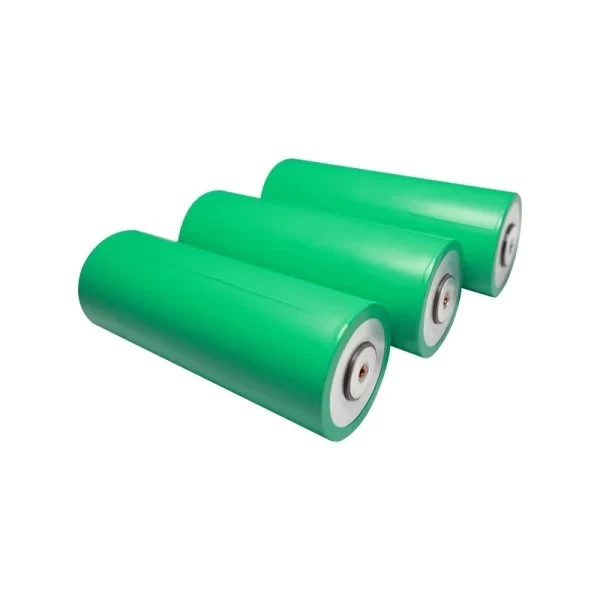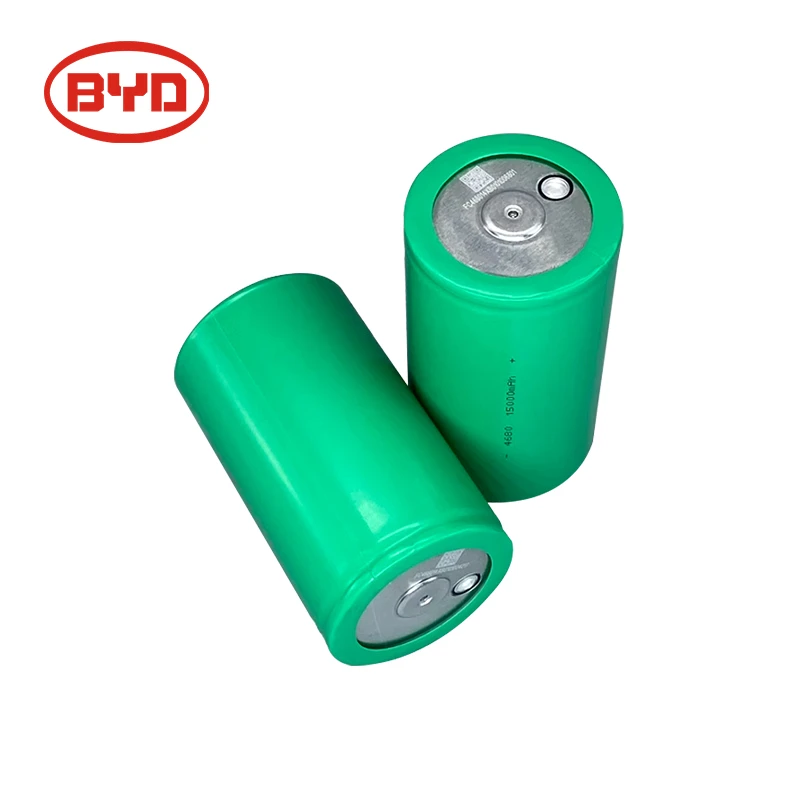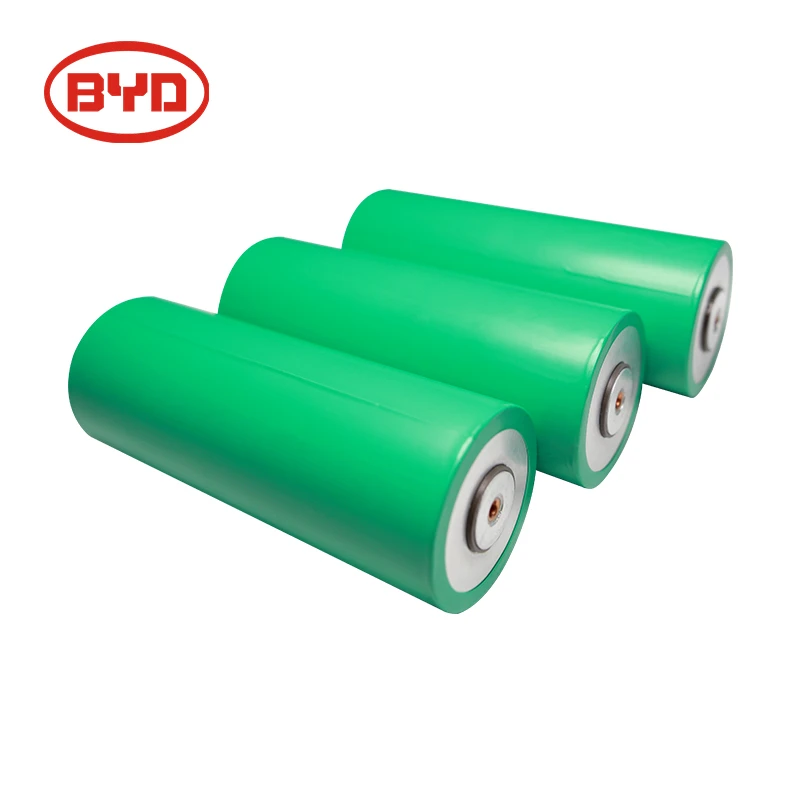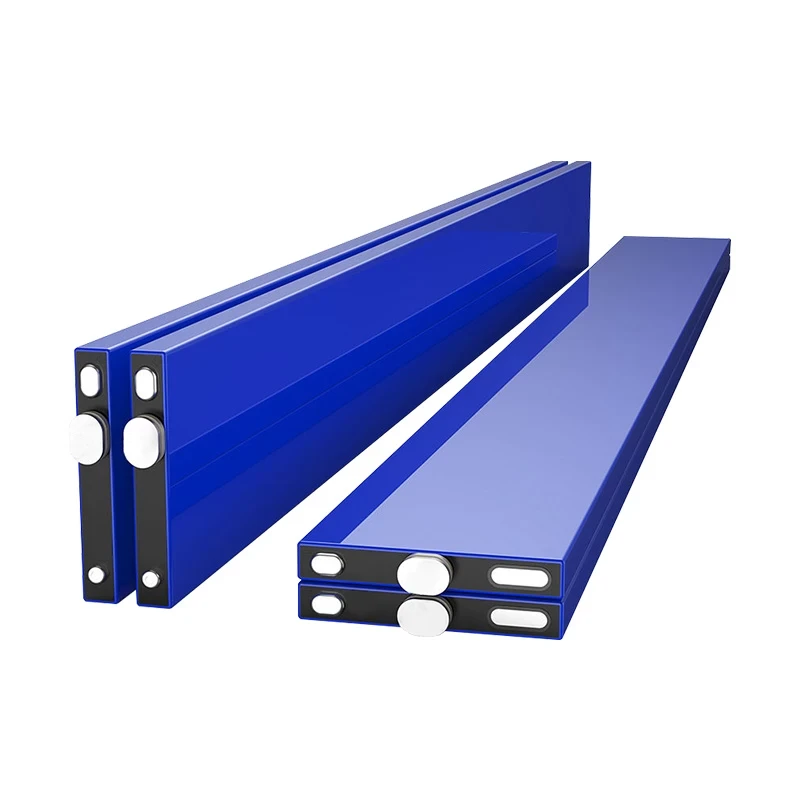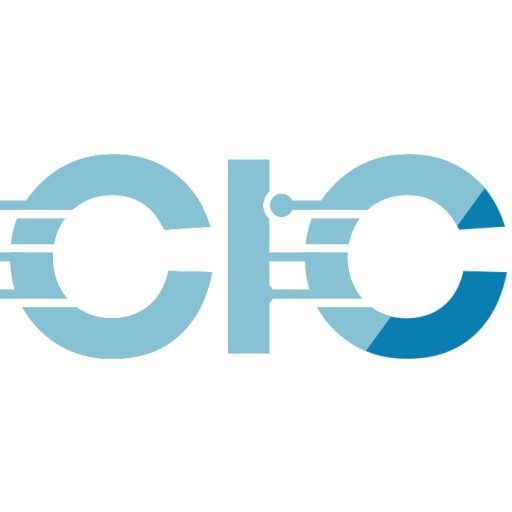Chemicals contained in batteries, such as lead, nickel, zinc, and lithium, are toxic and can have serious impacts on the environment and human health if not handled properly. Common disposable and rechargeable batteries, if discarded at the end of their life, can cause harmful substances to leak into the soil and groundwater, polluting the ecosystem. Therefore, effective battery recycling and reuse is a key step in reducing environmental burdens and resource waste.
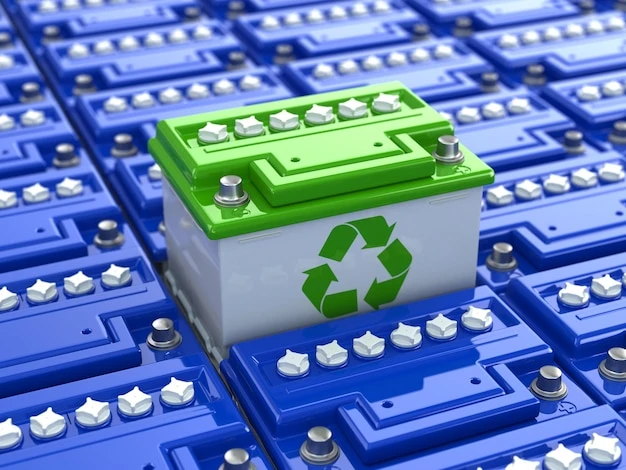
Battery recycling methods
Recycling bins and collection points:
Many communities and commercial institutions have dedicated battery recycling bins and collection points for citizens and businesses to recycle used batteries. These facilities can usually accept a variety of battery types, including alkaline batteries, nickel-cadmium batteries, nickel-metal hydride batteries, and lithium batteries.
Professional recycling services:
Some recycling companies and environmental organizations offer professional battery recycling services, which include regular collection and processing of large quantities of used batteries. These services usually ensure that the batteries are properly handled during the recycling process and that the valuable materials inside are recovered as much as possible.
Landfill:
Although this is not an ideal solution, some batteries still end up in landfills. Due to the potential for environmental pollution and loss of valuable resources, this method is strongly discouraged.
Incineration:
Incineration is another disposal method, but it also carries significant environmental risks. Burning batteries releases harmful gases, and the remaining ash may still contain toxic substances.
Reuse and reuse:
A better alternative to landfill and incineration is to reuse or recycle batteries. Some batteries can be refurbished and given a second life in less demanding applications, such as energy storage systems.
Using LifePO4 battery:
What is LifePO4 battery?
LiFePO4 battery, full name Lithium Iron Phosphate battery, is a new type of lithium-ion battery technology. It is widely concerned and applied for its high safety, long cycle life and high energy density.
Advantages of lifepo4 battery:
High safety: LiFePO4 battery has higher thermal stability and chemical stability than other lithium-ion batteries, and there is almost no risk of thermal runaway or explosion, so it is considered one of the safest lithium-ion batteries.
Long cycle life: LiFePO4 battery has a long cycle life, usually up to thousands of charge and discharge cycles, which makes it very suitable for applications that require high cycle life and long-term stability, such as electric vehicles, energy storage systems, etc.
Stability and durability: It has high chemical stability and can operate in a wider temperature range. At the same time, it has good tolerance to overcharge and over-discharge, which is conducive to improving the service life of the battery.
Environmental protection: LiFePO4 battery does not contain heavy metals such as nickel, cobalt, etc., and the material is relatively rich, which improves the environmental friendliness of the battery.
Moderate energy density: Compared with other types of lithium-ion batteries, LiFePO4 battery has a slightly lower energy density, but this also helps to improve the safety and stability of the battery.
Battery Brand: BYD
BYD battery is a lithium-ion battery produced by China's BYD Group (Build Your Dreams), which is widely used in electric vehicles, electric buses, energy storage systems and other electric devices.
Here you need 3.2v lithium iron phosphate battery (lifepo4 3.2v), 12v battery (12v battery)
, 100ah battery, 200ah battery, etc.
4680 battery 46120 battery Blade battery
For more information, please contact us. Our website: ciclibattery.com

